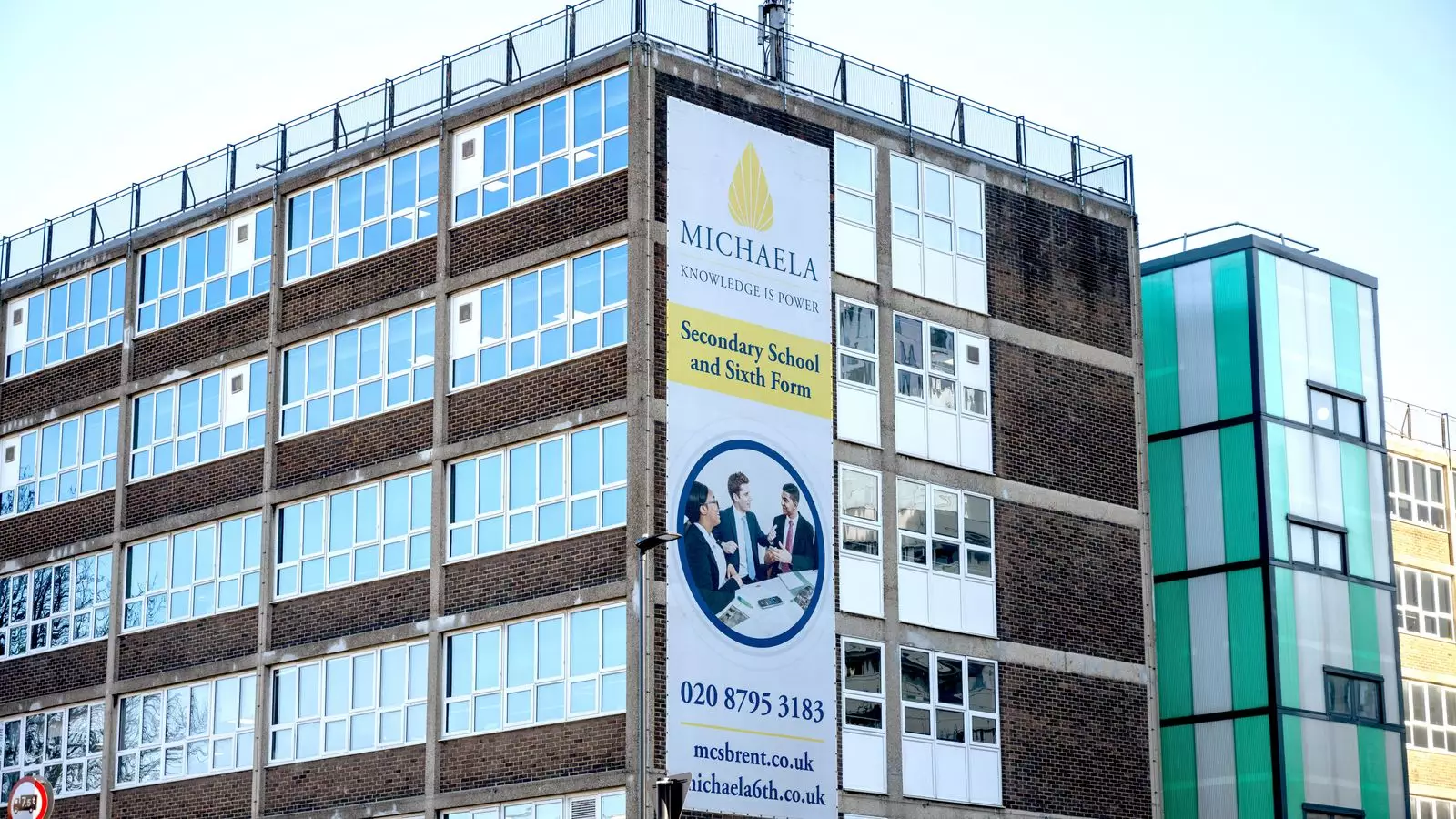A recent legal challenge was brought against Michaela Community School in Brent, north London, by a Muslim student regarding the school’s ban on prayer rituals. The student argued that the policy unfairly targeted her faith, as prayer is a significant aspect of her religion. The school defended its stance by stating that the ban on prayer rituals was justified and proportionate, especially in light of security concerns such as death threats and bomb threats related to religious observance on the school premises.
The High Court heard how the student felt that the school’s policy created a sense of discrimination that alienated religious minorities from society. She believed that the ban on prayer rituals had a negative impact on her religious practices and prevented her from fully expressing her faith while at school. Despite her arguments, the court ruled in favor of the school, citing that the student was aware of the school’s secular nature and had known that prayer was not permitted on the premises prior to the introduction of the policy.
The school’s headteacher, Katharine Birbalsingh, implemented the policy in response to students praying in the school’s yard, leading to concerns about peer pressure, social media campaigns, and security threats. The school faced significant backlash, including a bomb hoax, death threats, and false allegations of Islamophobia. The ban on prayer rituals was seen as a necessary measure to ensure the safety and well-being of all students, regardless of their religious background.
The legal challenge raised important questions about the balance between religious freedom and school policies. Despite the student’s modest request to pray for a few minutes during lunchtime, the court upheld the school’s ban on prayer rituals. The judge recognized the public interest in the case, highlighting the conflict between the school’s approach and the religious beliefs of a significant portion of society. The decision to uphold the ban was seen as a way to prevent further security risks and disruptions within the school environment.
The case of the Muslim student challenging the school’s ban on prayer rituals sheds light on the complex issues surrounding religious freedom in educational settings. While it is important to respect and accommodate different religious practices, schools also have a responsibility to maintain a safe and inclusive environment for all students. The legal decision in this case reflects the need to balance these competing interests and highlights the challenges of addressing religious diversity within the school system.


Leave a Reply